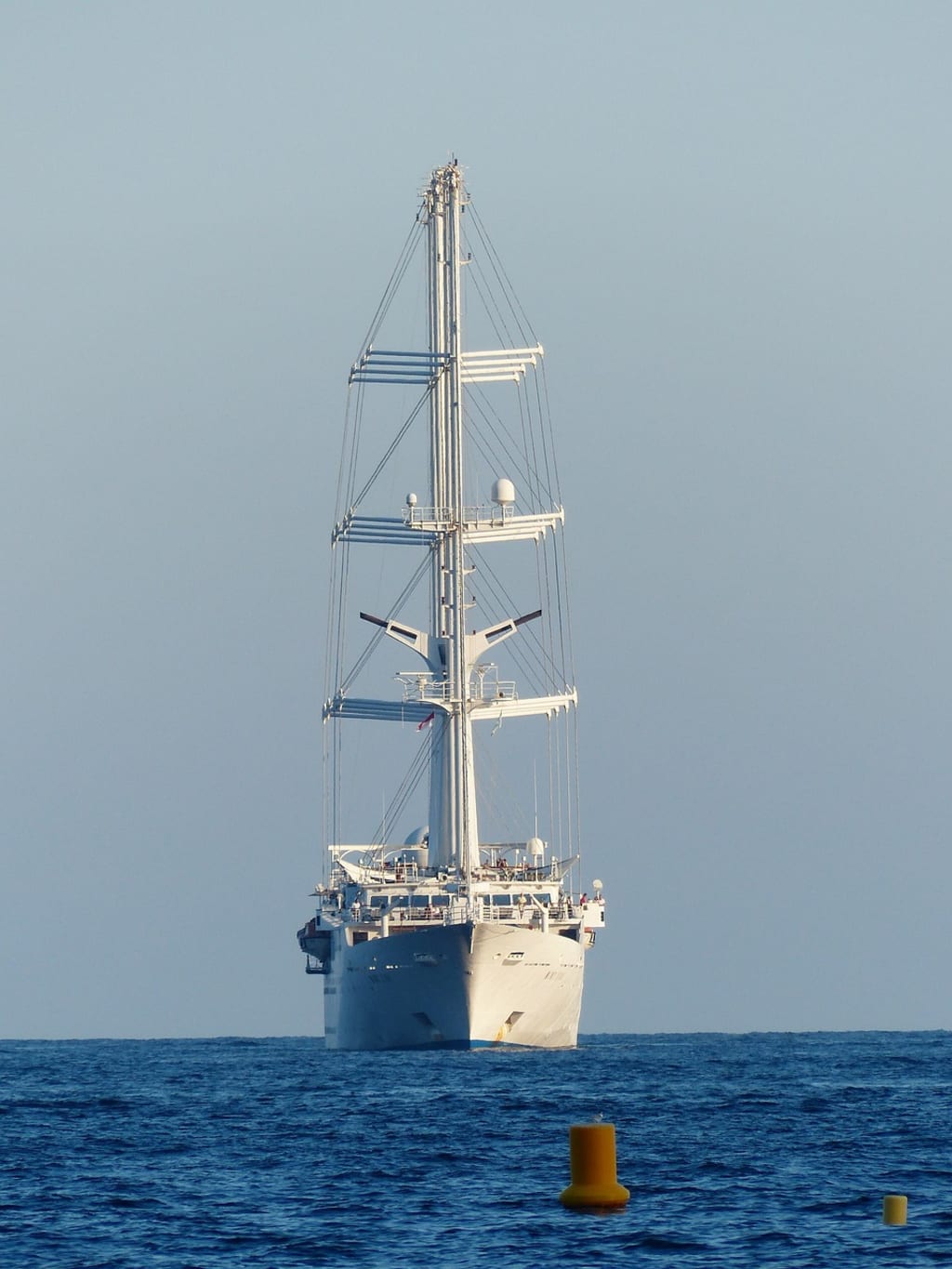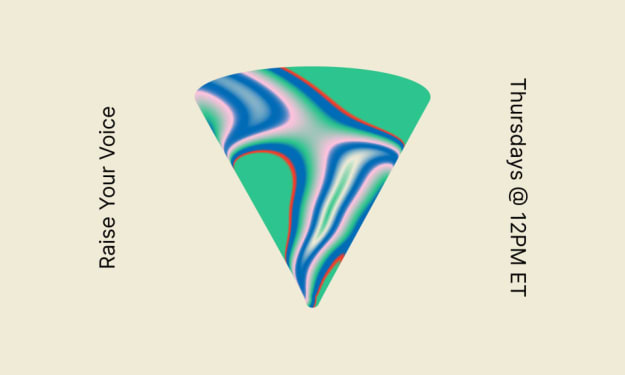The Rise and Fall of Russian Oligarchs: A Tale of Wealth, Power, and Sanctions
Rich

Introduction:
In the world of the super-rich, few stories are as captivating and tumultuous as that of Russian oligarchs. With opulent lifestyles, vast business empires, and close ties to the Kremlin, these individuals have long been a subject of fascination and controversy. However, the tide began to turn in 2022, when the war in Ukraine prompted a swift and aggressive response from the international community in the form of sanctions. This article delves into the origins of Russian oligarchs, their rise to power, and the recent challenges they face in retaining their immense wealth.
The Birth of Oligarchs: A Windfall Amidst Privatization (1992-1995):
The genesis of Russian oligarchs can be traced back to the early 1990s when the Soviet Union crumbled, paving the way for new business opportunities. In 1992, then-President Boris Yeltsin initiated the privatization of state-controlled companies, offering vouchers that Russians could use to buy shares. This period witnessed the rapid accumulation of wealth by individuals like Roman Abramovich and Boris Berezovsky, who seized the opportunity to amass fortunes by acquiring shares in newly privatized companies. The oligarchs' influence extended beyond business, as they were believed to have played a role in funding Yeltsin's re-election in 1996 and supporting Vladimir Putin's political ascent.
The Putin Era: A Shifting Landscape (2000s):
While initially aligned with Putin, the relationship between the Russian president and the oligarchs soured. Putin, determined to consolidate power, imprisoned prominent oligarch Mikhail Khodorkovsky on alleged tax crimes, sending a clear message that business elites were not above the law. Berezovsky fled to the UK, while Abramovich remained in Russia, eventually serving as a governor. This period marked the emergence of a new class of oligarchs, the "siloviki" or strongmen, closely tied to Putin and the Kremlin.
Global Expansion and Western Retreat (2010s):
The 2014 annexation of Crimea triggered international sanctions against individuals with Kremlin ties, impacting oligarchs like Igor Sechin. However, the real storm hit in 2022, following Putin's invasion of Ukraine. The West responded with unprecedented speed and aggressiveness, imposing sanctions aimed at restricting the wealth and mobility of those linked to the Kremlin. Over 400 individuals and entities faced U.S. sanctions within weeks, leaving oligarchs scrambling to comprehend and navigate the new restrictions.
Sanctions Impact: A Global Hunt for Safe Havens:
The impact of sanctions extended beyond freezing assets; it reached into the very core of oligarchs' financial and personal lives. Oligarchs in London, once considered a safe haven, found themselves targeted by both U.S. and UK sanctions lists. Eric Ferrari, a sanctions advisor, highlighted the proximity to Putin and alignment with Kremlin interests as key factors in the designation process. The UK, EU, and a few other countries implemented their own sanctions, leaving oligarchs with fewer places to hide.
Abramovich's Dilemma: Navigating Sanctions and Global Repercussions:
Roman Abramovich, a prominent oligarch, found himself at the center of this financial maelstrom. As the owner of Chelsea Football Club and numerous properties worldwide, Abramovich faced significant challenges. The global reach of sanctions disrupted his business interests, with assets in Jersey frozen, and properties in France seized. Despite attempts to distance himself from the Kremlin, Abramovich, like other oligarchs, faced consequences for his association with Putin's regime.
The Whack-a-Mole Game: Challenges in Tracing Hidden Wealth:
Oligarchs have historically hidden their wealth through complex corporate structures, trusts, and shell companies in offshore tax havens. While sanctions aimed to block their holdings, the oligarchs' real wealth remained elusive. The game of "whack-a-mole" continued, with authorities racing to identify and freeze assets, often registered under different names.
Reputational Damage and the Unraveling of Oligarch Fortunes:
The reputational damage resulting from sanctions is a lasting consequence for oligarchs. Even those removed from sanctions lists struggle to regain trust and access to financial services. The impact goes beyond financial loss, as the ability to conduct business and lead a normal life becomes severely compromised.
Conclusion:
The rise and fall of Russian oligarchs epitomize the intersection of wealth, power, and geopolitics. From the heady days of privatization to the recent onslaught of sanctions, their journey reflects the complexities of navigating a world where fortunes can be made and lost in the blink of an eye. As the global community tightens its grip on the financial networks that sustain these oligarchs, the real question is not just about the wealth they stand to lose but the extent of Putin's control over them and the future of Russia's economic and political landscape.





Comments
There are no comments for this story
Be the first to respond and start the conversation.